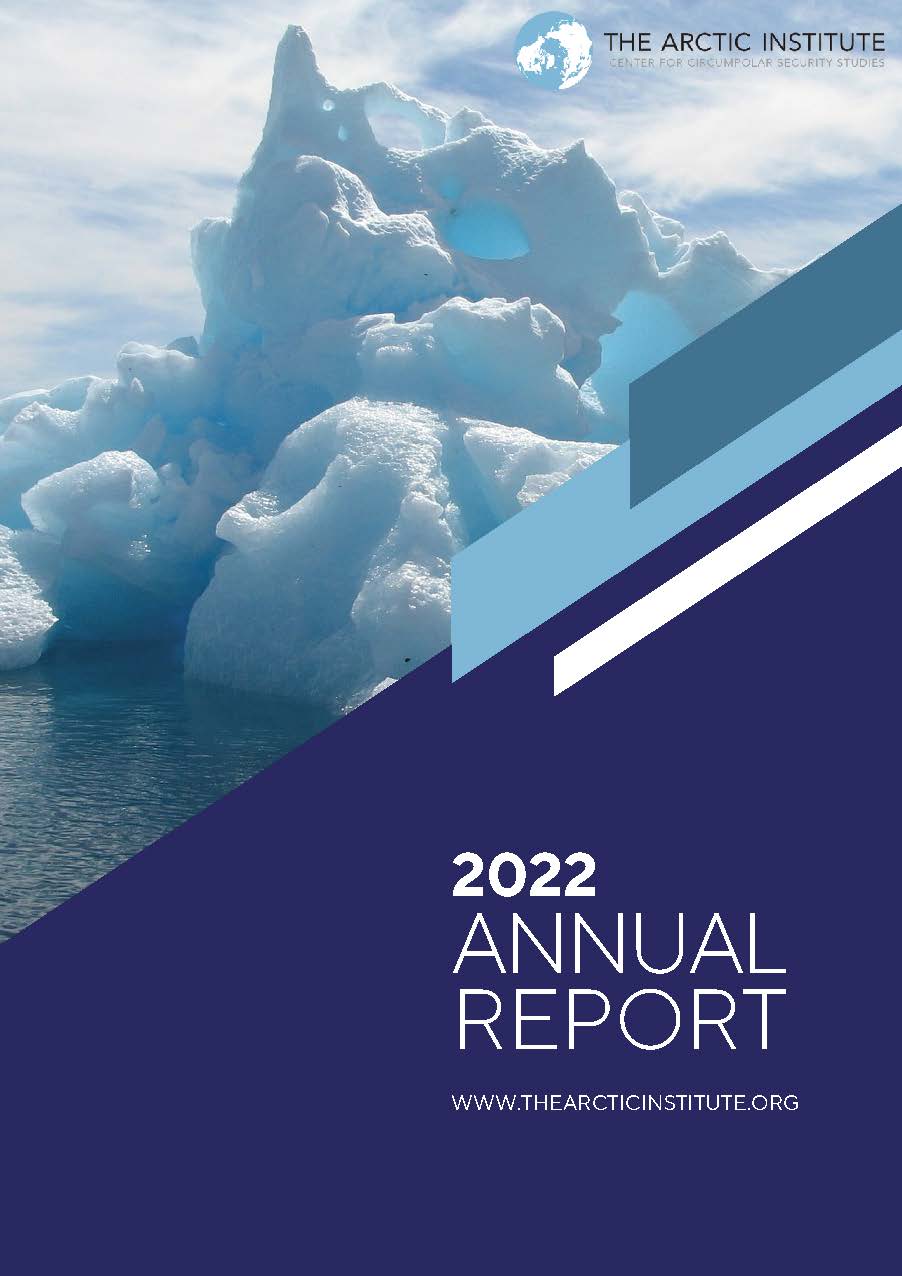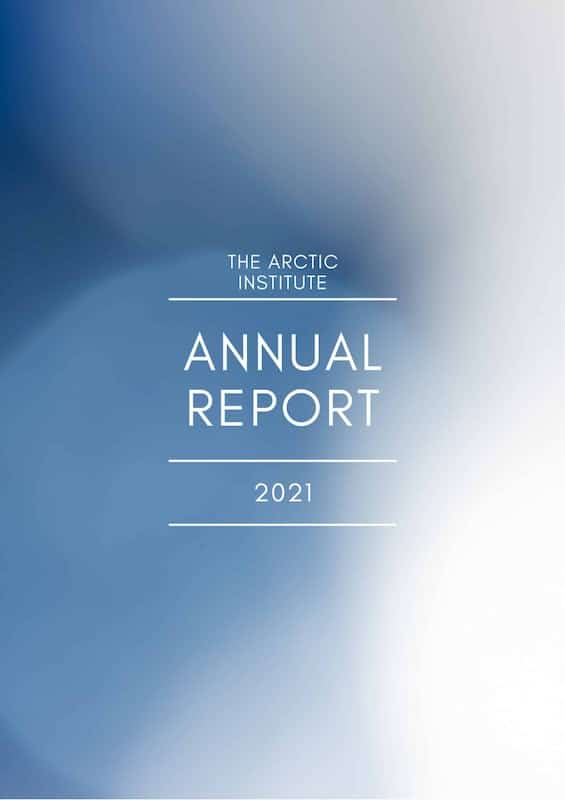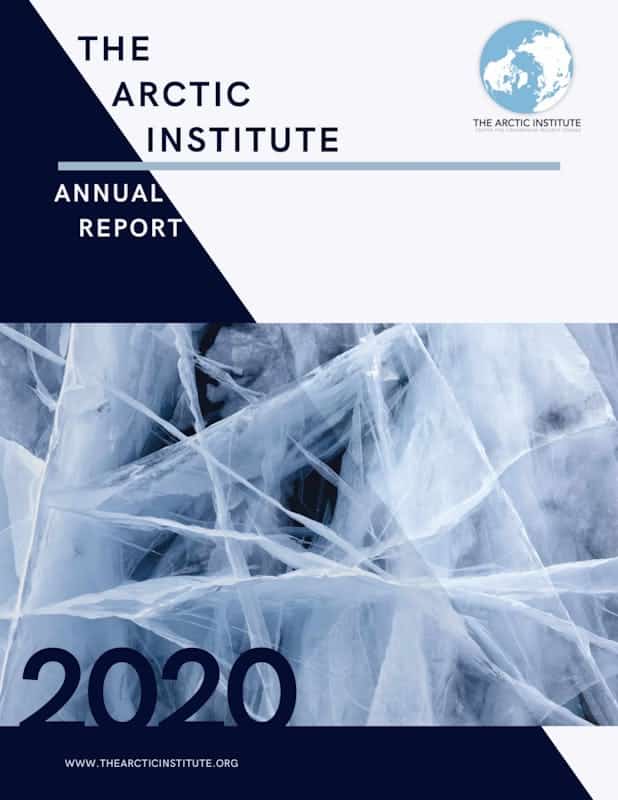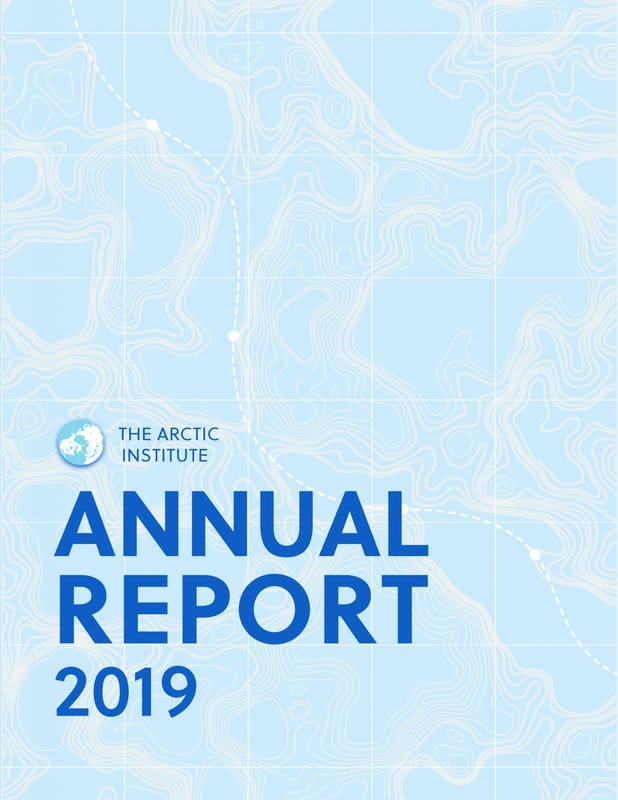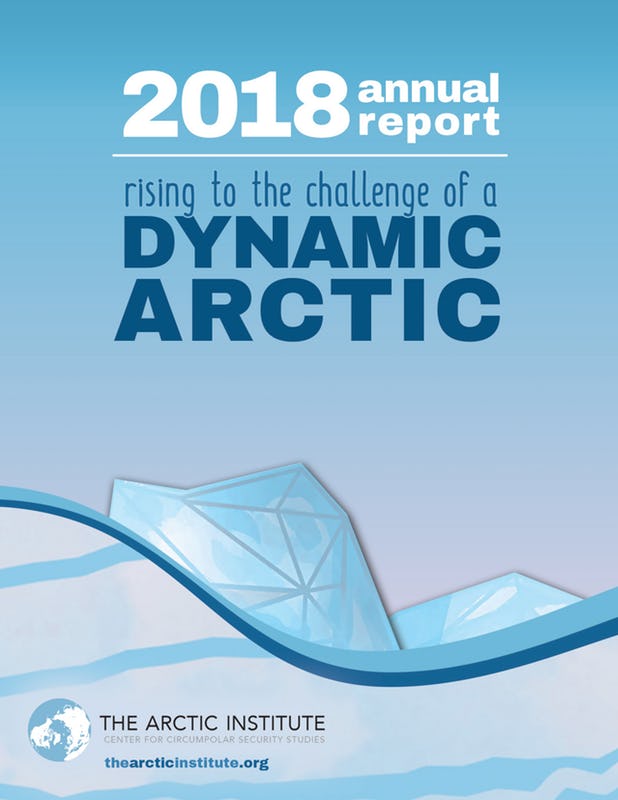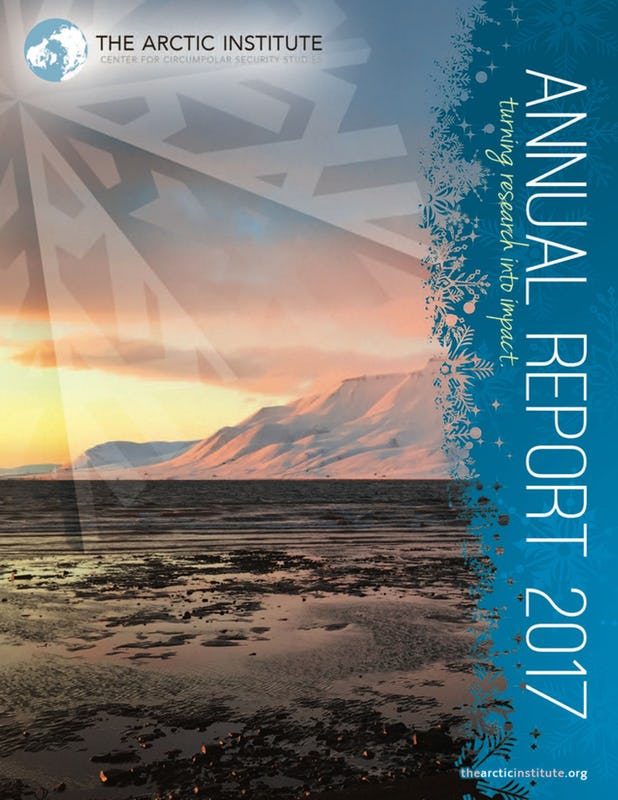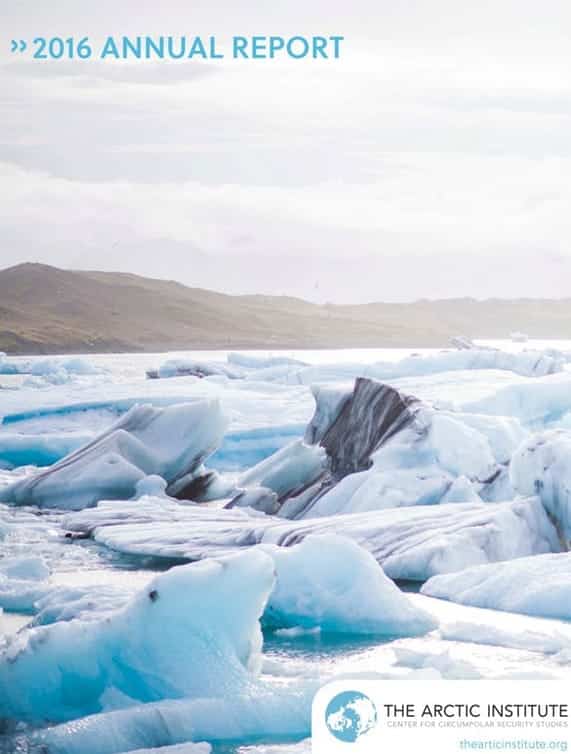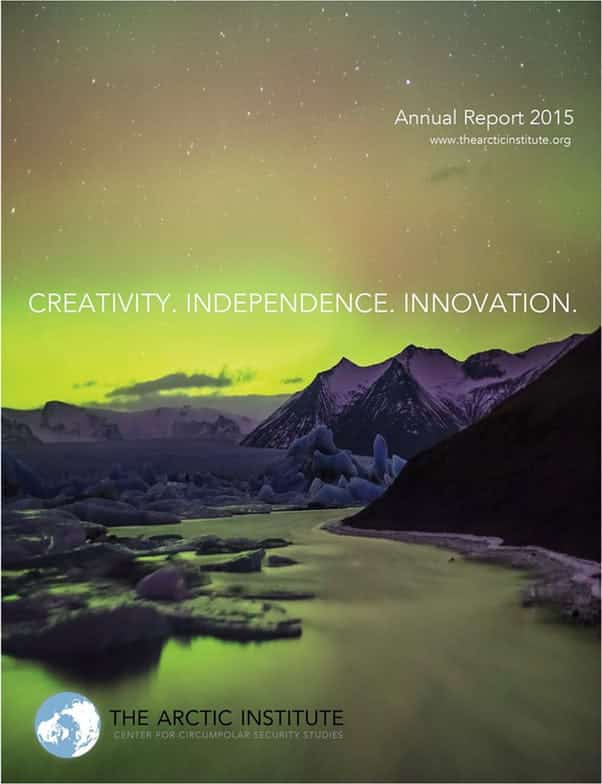Established in 2011, The Arctic Institute is a nonprofit organization headquartered in Washington, D.C. with a team of researchers across the world. As the region’s preeminent think-and-do-tank, we are committed to promoting diverse voices, knowledge, and new ideas on Arctic policy.
Our Mission
Inform Arctic policy through inclusive research collaborations
The Arctic Institute’s mission is to help inform Arctic policy in the context of the climate crisis. We believe that Arctic decision-making must be based upon interdisciplinary, inclusive research that addresses the most pertinent issues facing the circumpolar region. That’s why our team leads research projects, supports scholarly publications, and organizes events that elevate diverse perspectives, including young scholars and those from communities that have been historically marginalized. The Arctic Institute is building the future of Arctic research through partnerships across the globe. We welcome ideas for collaboration in our mission to promote the Arctic as a secure, just, and sustainable region.
Our Vision
Peace, Justice, and Sustainability for the Arctic
We envision a world in which the complex security issues facing the Arctic are identified, understood, and inclusively resolved. To accomplish this, our work spans the many dimensions of Arctic security.
Our Values
Four core values inform and sustain our work, shaping who we are as an organization and what we stand for as researchers.
- Integrity
- Accessibility
- Deep Inclusion
- Collaboration
Integrity is at the heart of all that we do. We uphold academic honesty and excellence, seeking a range of voices to make fundamental inquiries about the most pressing issues in the Arctic and beyond. We affirm our integrity to each other at The Arctic Institute, and to our readers, ensuring that we will be honest, transparent, and accountable.
Our aim is to make transdisciplinary knowledge accessible to all. We emphasize and collaborate with early career scholars and marginalized groups, and perspectives based on Indigenous and Traditional knowledge. We disseminate informative and varied content about the Arctic which is readily available and comprehensible for all readers. All The Arctic Institute resources go through a comprehensive review process by our team members, and we aim to keep our content free so it is within reach for anyone who is interested in our work and the topics we cover. We take complex issues and contextualize them for a broad audience.
The Institute’s work is multifaceted and all-encompassing: our research projects, scholarly publications, and public events are accessible to policymakers, defense officials, researchers, journalists, and those seeking to learn more about the Arctic.
We believe in the importance of diversity: not only because representation matters, but also because it’s essential to making sure the best ideas are heard. We are active in promoting the wealth of knowledge held by the Arctic’s diverse Indigenous and non-Indigenous linguistic and cultural communities, especially those that are historically marginalized. We also believe in the importance of making Arctic research of all types as accessible as possible: whether that means creating a space for early career work to shine, or bringing together traditional scholarship with more boundary-pushing or less-conventional approaches, we’re committed to expanding the field of Arctic scholarship to everyone.
No challenges can be resolved or opportunities identified without collaboration. In order to achieve our mission, we partner with organizations who share our commitment to building a more just, sustainable, and secure Arctic. We focus on building collaborations with diverse Arctic and non-Arctic organizations, with a particular interest in supporting early career work, to learn from, listen to, and work with partners towards a common goal.
Our Commitment
At its core, The Arctic Institute is about bringing people together.
We strive to uplift new voices, facilitate open communication, and build new collaborations in pursuit of more equitable, inclusive Arctic research and policy.
To do this, The Arctic Institute commits to:
- Contributing to the intellectual decolonization of Arctic research by amplifying underrepresented voices, including Indigenous and Traditional Knowledge Holders.
- Upholding equitable organizational policies that advocate for anti-racism.
- Engage in diverse collaboration partnerships across Arctic research and public engagement.
Our Leadership
The Arctic Institute is led by President and Managing Director Romain Chuffart. To ensure transparency and organization-wide consensus, senior management collaborates with a seven-person Leadership Group of Senior Fellows and Senior Associates. Together with the Board of Directors and distinguished Board of Advisers, they guide the Institute’s research agenda and foster an environment where innovation, diversity of thought, and multidisciplinarity thrive.
- Board of Directors
- Board of Advisors
- Leadership Group
Led by Corine Wood-Donnelly (Nord University), The Arctic Institute’s Board of Directors supports TAI’s mission and vision to promote a more just, sustainable, and peaceful Arctic by providing governance of financial affairs, guiding the selection of research projects, and safeguarding the independence of the Institute’s work. Directors serve two-year terms and meet four times a year. Current Directors (2024 – 2026) are Corine Wood-Donnelly (Chair), Cynthia Lazaroff, Alina Bykova (Treasurer), Lindsay Arthur (Secretary), Victoria Herrmann, and Romain Chuffart (President).
The Arctic Institute’s Board of Advisors is comprised of prominent figures in the Arctic research and policymaking community. They offer advice to the Leadership Group, counsel the Institute on their research and analysis, provide insights through analytical interviews on current events, and connect scholars with a wide range of resources.
The Arctic Institute’s Leadership Group is headed by Romain Chuffart. Along with Alina Bykova, Pavel Devyatkin, Victoria Herrmann, Malte Humpert, Karen Marie Oseland and Andreas Raspotnik, the Leadership Group guides the organization’s research agenda and advances the Institute’s mission to better inform Arctic policy. It focuses on the strategic direction of the Institute’s global network of scholars by developing new initiatives, partnerships, and events. Dedicated to a hybrid of consensus-based and collaborative leadership, the Group manages all development, communications, and editorial operations of the Institute, which allows Senior Fellows, Research Associates, Assistants and Interns to focus on critical analysis of the North. You can reach the Leadership Group directly via leadership@thearcticinstitute.org.
